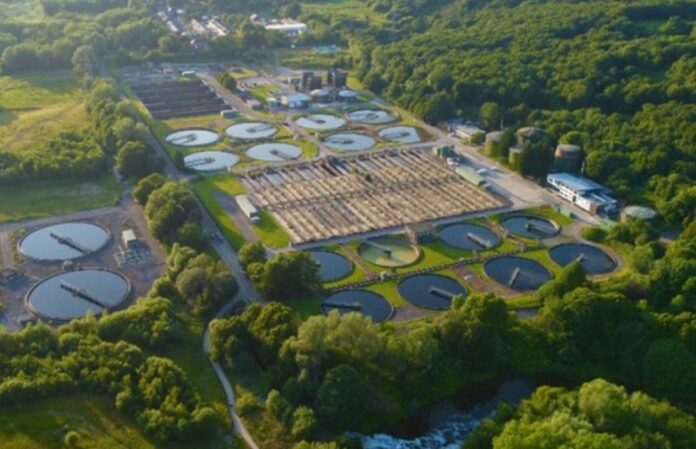Even though meeting the UN’s ambitious Sustainable Development Goal (SDG) for wastewater treatment would make a big difference in the quality of water around the world, some parts of the world would still have serious water quality problems, according to scientists from Utrecht University.
In order to better understand the historical and future pollution patterns of water systems around the world, they created a new water quality model.
The document was published in Nature Communications Earth & Environment today.
The World Bank refers to problems with water quality as a “invisible crisis” since they are poorly monitored, hard to find, and usually unseen to the naked eye.
Still, population growth, economic growth, and climate change are putting more and more pressure on the quality of the world’s water resources.
However, access to clean water is essential for maintaining the health of our ecosystems as well as meeting societal needs including public health, energy production, and food production.
For instance, it is estimated that diarrhea brought on by the use of contaminated water for drinking or sanitation causes 829,000 fatalities annually throughout the world.
To “help to fill-in-the-gaps in water quality knowledge, particularly in world regions where we lack observations,” as lead author Edward Jones puts it, they constructed a new high-resolution global water quality model.
In addition to pinpointing areas of very poor water quality, the model can also help identify which industries are the primary contributors to pollution in a certain area.
“For instance, large-scale irrigation systems for agriculture drive salinity issues in Northern India, while industrial processes are more responsible in eastern China. Conversely, the domestic and livestock sectors drive organic and pathogen pollution worldwide”, Jones comments.
The authors broadened their analysis to include both historical and contemporary water conditions.
They used their model to examine how meeting the SDG goal of halving the amount of untreated wastewater entering the ecosystem by 2030 would improve the health of rivers worldwide.
“Our simulations show that, for a large part of the year, water quality in several regions would still exceed critical thresholds for human uses and ecosystem health. This is especially the case for developing countries, particularly in sub-Saharan Africa and South Asia,” adds Jones.
So, the SDG target does improve the quality of water, but it is not always enough.
However, figuring out the best solution to handle these issues is a challenging job.
Jones cautions that “even achieving the current SDG target will pose serious economic challenges,” given that expanding wastewater treatment can be a costly procedure.
“Yet the cost disadvantages of inadequate water quality for sectoral uses must also be considered. Ultimately, however, we also need to reduce our pollutant emissions and develop new approaches towards wastewater management”.
“As such, with this paper we hope to underline the water quality problems we’re facing and firmly place these issues back on the political agenda,” Jones concludes.
Source: 10.1038/s43247-022-00554-y
Image Credit: Getty
You were reading: UN’s SDG For Wastewater Treatment Is Impressive But Not Enough – New Report
